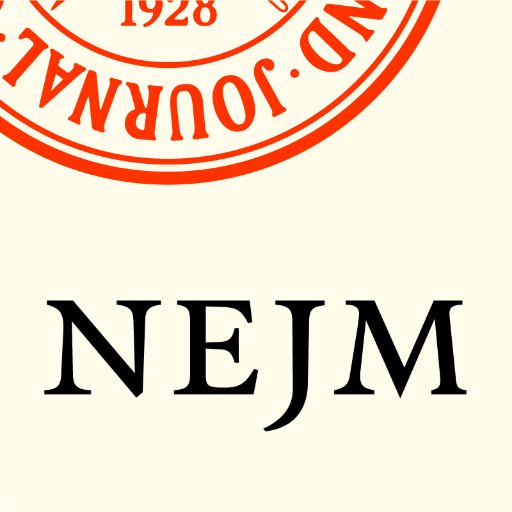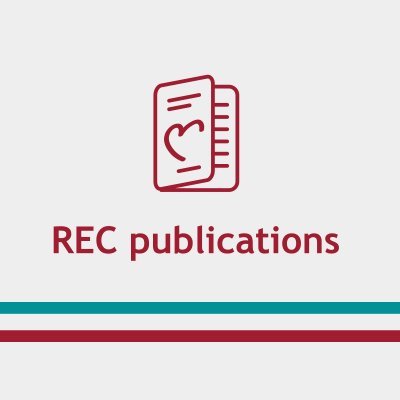
Rick Volleberg
@RickVolleberg
Followers
199
Following
507
Media
23
Statuses
131
MD, PhD candidate | Radboudumc / St. Francis Hospital & Heart Center | Intracoronary Imaging 📸 | High-risk plaques ⚠️ | Artificial Intelligence 🧠
Joined July 2011
New #PCDCT publication by @rooshaparikh PCDCT #yesCCT with equal diagnostic accuracy in older adults despite higher CAC @journalCCT @iamritu @onco_cardiology @DrRyanPDaly @purviparwani
https://t.co/h5NZKwhyUs
2
6
14
Original Article: Immediate or Deferred Nonculprit-Lesion PCI in Myocardial Infarction (iMODERN trial) https://t.co/eHJ64Awtk8
#TCT2025 | @crfheart
1
11
40
Presented at #TCT2025: In STEMI with multivessel disease, immediate iFR-guided PCI of nonculprit lesions was not superior to deferred cardiac stress MRI–guided PCI in reducing death, reinfarction, or hospitalization for heart failure at 3 years. Full iMODERN trial results:
0
42
119
We all know that it's not just mortality though, need to also think about re-infarction and rpt revasc. The most interesting slide was the one of PCI with and without imaging vs cabg
The 10-year outcome of Noble trial may be the most impactful data presented at #TCT2025 PCI=CABG for isolated left main disease regardless of Syntax score Which isolated LM patients (suitable for PCI) will you refer to CABG?
8
41
129
@ehlJAMA @pash22 @MaxJordan_N @drjohnm @Coronary4front @gbiondizoccai Most guidelines are not supported by strong evidence In medicine, cardiology is atop the field but only ~40-50% of recs For pulm crit care it is atrociously low, like most fields Sadly most "experts" either support or don't recognize this reality https://t.co/LFEdqOg6rw
jamanetwork.com
This study assesses whether American Thoracic Society clinical practice guidelines are substantiated by high-quality evidence and can be used to promote evidence-based medicine.
6
11
33
🔥 Physiology has evolved. From a diagnostic method to a prognostic tool. 💡 What if we could predict outcomes before we stent? The Pullback Pressure Gradient (PPG)—a metric describing how disease is distributed along the coronary artery—may hold that key. Our latest study,
5
28
61
Fractional flow reserve or OCT to guide management of complex and noncomplex angiographically intermediate coronary stenosis #REC @AndreaZito66 @BURZOTTA_F. https://t.co/NujzUhlylF
0
6
13
High-risk coronary plaques (HRPs) predict adverse outcomes — but can clinical risk scores identify them? @RickVolleberg et al. showed that OCT-detected HRPs carry prognostic value beyond traditional risk factors, underscoring the role of intracoronary imaging for risk
4
25
68
This study indicates that photon-counting detector computed tomography (PCD-CT) provides high diagnostic accuracy for detecting in-stent restenosis in patients with prior coronary stents. This suggests that PCD-CT may be reliably used to evaluate suspected obstructive coronary
2
22
103
Photon-counting detector CT (PCD-CT) demonstrates high specificity and negative predictive value for detecting in-stent restenosis (ISR) across different stent sizes. These results support its potential role as a reliable non-invasive tool in the follow-up of patients with prior
1
32
78
Coronary CT will become the non-invasive standard to evaluate patients with stents It will also help in understanding the root cause of stent restenosis (mechanical vs. neoatherosclerosis) and guide treatment @djc795 @ziadalinyc @Heart_SCCT @SCAI @crfheart
5
41
122
☢️ What is the value of PCD-CT for the evaluation of ISR? 1️⃣ low percentage of indeterminate scans with standardized protocol 2️⃣ high overall diagnostic accuracy, but PPV is relatively limited https://t.co/m409YLdTjK
@DoosupShin @OKhaliqueMD @ziadalinyc (2/2)
0
6
9
🚨 2 new studies in @EuroInterventio 🚨 ⚠️ Clinical risk factors do not predict the presence of high-risk coronary plaques among high-risk patients 📈 HRP -> higher risk of events, irrespective of clinical risk profile https://t.co/dud3IGIqR3
@NielsRoyen @DFCapodanno (1/2)
1
2
1
📢 The new issue is out! Explore Expert Consensus on Drug-coated balloons in CAD and cutting-edge research on: • Photon-counting CT for in-stent restenosis • High-risk plaques and outcomes • “Double-tap” valve technique • Insights from NOTION-2 … and more. Details:
eurointervention.pcronline.com
0
14
25
Various cases with large contrast-filled voids in the intima on #OCT: massive microvessels? What is your reading, differential diagnosis and what are the clinical implications? Should we consider vasculitis? Cases 1-2: NC lesion after MI Cases 3-4: MINOCA
2
8
26
🔗 This study complements our PECTUS-AI study presented at ESC earlier this week and published in EHJ: https://t.co/kPJGQZyuen 🔮 Is AI-based high-risk plaque evaluation the future for prognostication? @PCRonline @ehj_ed
academic.oup.com
AbstractBackground and Aims. Coronary thin-cap fibroatheromas (TCFA) are associated with adverse outcome, but identification of TCFA requires expertise and
1
1
5
📰 NEW STUDY 🤖 AI-based OCT analysis (OCT-AID) allows estimation of plaque burden with a high correlation with IVUS-derived plaque burden! ⚠️ OCT now allows simultaneous evaluation of TCFA and plaque burden https://t.co/qAjmWg04p2
@JACCJournals @NielsRoyen @ziadalinyc
2
4
11
Artificial intelligence-based identification of thin-cap fibroatheromas and clinical outcomes: the PECTUS-AI study Read the advanced article in the #EHJ at https://t.co/c7sjkQx8iN
#ArtificialIntelligence #Fibroatheroma #OCTImaging #PECTUSAI @ESCardio @ESC_Journals
1
13
48











